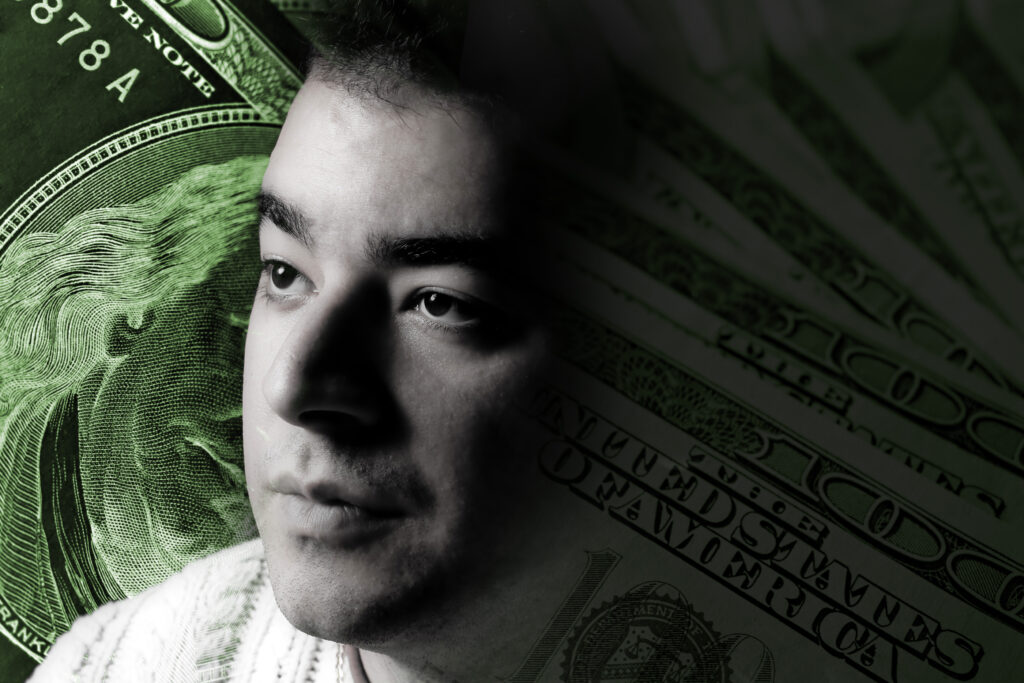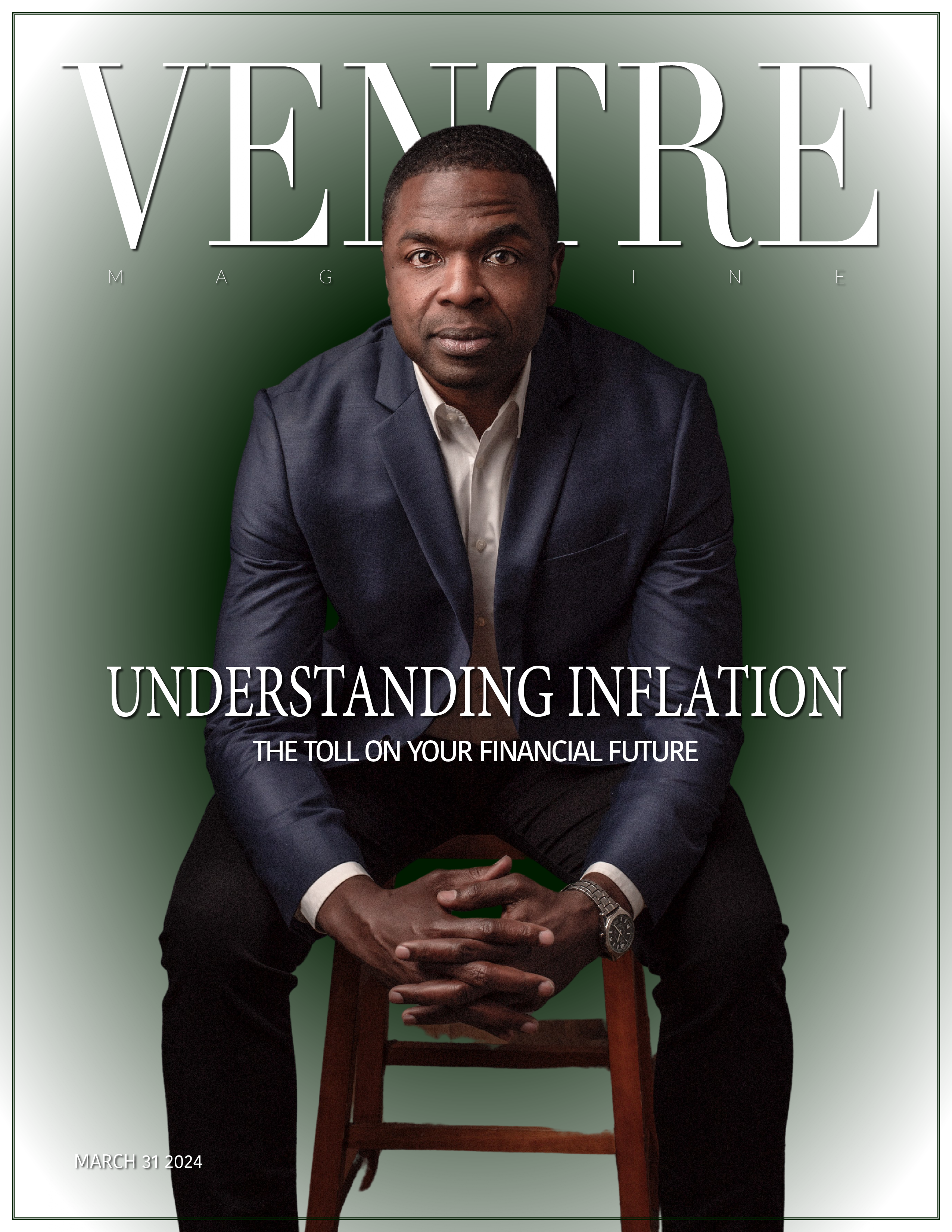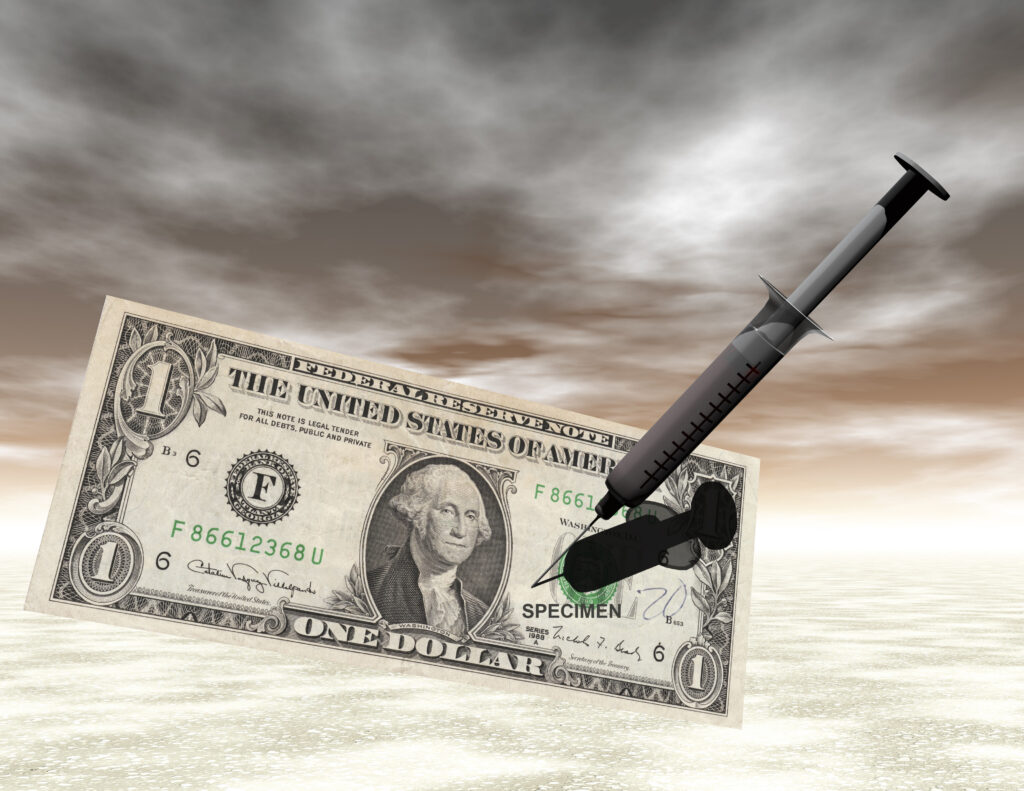Understanding Inflation & The Toll on Your Financial Future
Imagine running a marathon where for each mile you ran, the finish line was extended by .2 miles. After you run the first 5 miles, you realize you now have to run an additional mile. That would be a painful realization, but it doesn’t end there. For every additional 5 miles you run, another mile is added. It suddenly dawns on you that you’ll need to start running much faster if you want to finish the race in the time you set.

That is what an inflation rate of 2% represents for our financial goals. In truth, the real numbers are far worse due to the compounding effect, but for the sake of simplicity, and because I don’t want to lose anyone, we’ll leave it at that. The important thing to understand is that the race you see on the surface isn’t the race you get.
As of the date of this article, March 23, 2024, inflation is over 3%. Imagine the compounding toll this will have on your financial goals. The Federal Reserve’s target or ideal rate of inflation is 2%. How does one thrive financially with a monetary system designed to deplete one’s wealth? There are diverse ways by which one can accomplish this, but it requires discipline and deliberate action.
I’m not going to go into those remedies here as this article would become a book. Instead, I’m going to recommend the best book I’ve read on the subject. It’s Tony Robbins’ book, “Money, Master The Game.” This book is an excellent guide on how to build wealth that can stand the test of time and in some cases, grow tax free.
Inflation is known as a hidden tax, because it decreases the spending power of the people while increasing tax revenue for the government. When the price of goods rises, the tax rate may remain the same, but is increased inadvertently by the rising cost of goods. That’s because sales tax is based on a percentage of the sale. You’ve possibly noticed this with recent property tax assessments. Without enhancing your property at all, you’re assessed a higher property tax bill. This is likely due to inflated property values.
My wife and I joked the other day about how a few years ago, one would need help to bring $125.00 worth of groceries into the house. Now, that same dollar amount only fills two bags which can easily be carried under the arms. Our $125.00 budget per week, which doesn’t include meat or dairy, is now $200.00 per week. $75.00 multiplied by 52 equals an additional $3,900.00 per year. This is only our increased cost of food.

Then there’s the sneaky shrinkflation where a manufacturer wants to make you think you’re paying the same price, especially for items you don’t need, such as junk food. They increase the amount of air in a bag of chips. It looks like you’re getting the same value, but there are far less chips in the bag. Your chocolate candy bar probably cost more today as well as being smaller in size. Cocoa prices are currently near all-time highs, so the price of chocolate could become even more expensive. Manufacturers of candy, liquor, etc., use shrinkflation to try to mask the increased cost of their products.
In fairness, it’s somewhat understandable. When employees demand higher pay and you sometimes have no choice but to accommodate them, yet you need to keep your investors happy and your bottom line profitable or even growing. After all, money doesn’t just magically appear. It has to come from somewhere. Increases in low income wages often pales in comparison to inflation. To add insult to injury, it often results in further inflation. Small raises can give the impression of a win, but the finish line is merely extended by just as much, if not more.
Please don’t misunderstand. I neither fault employees or businesses for wanting to generate more revenue. Thus is the nature of capitalism. I do not fault capitalism as I do prefer it to other economic systems. However, there is a need for harmony within how we all function together. Otherwise, there is chaos!
Out of control inflation eventually erodes the wealth of everyone, including the government. Our spending and income has a direct effect on the government’s income. If we make or spend less, the government will receive less. If they receive less, they’ll print more. If they print more, our dollar loses value, which is also an inflation booster.
Inflation is the enemy of wealth. Keeping it under control is a balancing act, which largely falls on the Federal Reserve. Because I don’t recommend we trust our financial fate to a bank nor the government, I think it wise to find ways to outpace it. It’s not a fair race, but one that we must win!
Written by:
Eric L. Lipsey | Founder | Owner
VENTRE Capital, Inc.
www.VentreCapital.com



